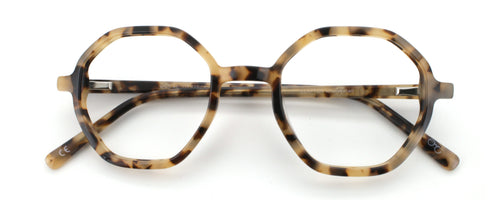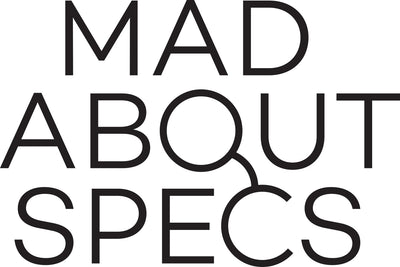
About this frame
Not sure what to what to to buy?
Delight Your Loved Ones with the Gift of Choice: Introducing Mad About Specs Gift Cards! Perfect for any occasion, these cards let your friends and family select their ideal eyewear, ensuring a gift that's both personal and practical.
Lenses information
Select the tab 'buy with prescription' to choose any lenses you need for your glasses
All our lenses come with free UV protection and free scratch resistant coating as standard
Single vision lenses

We use plastic CR39 lenses. These are the most widely used lenses in the optics industry.
Single vision lenses have the same power across the lenses. If you require distance or reading glasses only then this is a good option to select when you personalise your glasses. These lenses come free with all our glasses.
Bifocal lenses

Bifocals (and varifocals) apply If you have been prescribed an ADD in your prescription.
Traditionally the top part of the lenses is for distance vision, and the lower part is for reading. There is no intermediate range. These lenses are good if you do not get on with varifocals and want distance and reading in one. For example, watching television and reading the paper.
The most common bifocals are round shape and D shape. These lenses are £35
Varifocal vision lenses

We only use one of the best digital freeform lenses in the industry.
Varifocal lenses have graduated power across the lenses. The top part allows for distance vision. The middle is for intermediate vision, and the lower part is for reading. Varifocals are great if you need to wear glasses all the time and spend time in front of a computer. The intermediate portion of the lenses has a wide field of view.
We have High Definition lenses at £100. And we also do Ultra High Definition lenses at £185.
Anti-glare coating

The anti-glare coating (also known as an antireflection coating) is applied to lenses to increase visibility by reducing surface reflection. It is great if you drive, especially during dusk. When a person is talking to you, they will be able to see your eyes as opposed to the reflections off the glasses. Therefore, cosmetically they are a lot nicer too. This coating is £15
Blue Light Blocking lenses

Screens, whether desktop, laptop, tablet or mobile screens, give off a blue light. Although the same kind of blue light is also there in regular daylight, if you are overexposed to it, it can cause eye strain, fatigue, and even sleeplessness.
A blue coating on your glasses will help to filter out this excess blue light, reducing the strain on your eyes and helping you stay comfortable during your screen time. These lenses are £45
Thinner lenses (High refractive index lens)

The higher the power in your prescription, the thicker the lenses. This is where thinner (High index plastic) lenses are a better choice. High index lenses can bend light more efficiently than the standard lenses. This means, less lens material is needed to correct the prescription. This makes the lens thinner and therefore lighter too. The higher the refractive index, the thinner the lenses.
20% thinner than standard lenses
1.61 High index lens cost £35. It is a good option if your prescription is roughly + or - 1.75 to 2.50
30% thinner than standard lenses
1.67 High index lens cost £55. It is a good option if your prescription is roughly + or - 2.75 to 3.75 40% +plus thinner than standard lens
40-50% thinner than standard lenses
1.74 High index. This is a good option if your prescription is roughly + or - 4.00 & above £85
Sunglasses
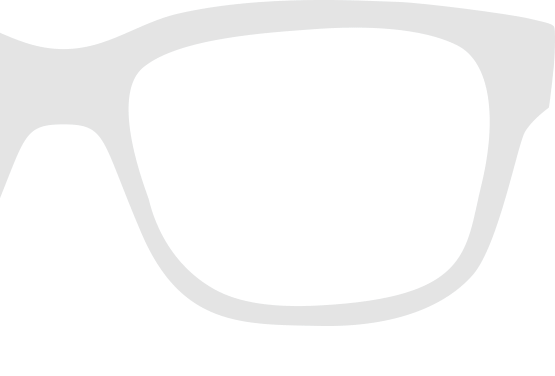
Sunglasses can be made either as permanent tints, polarised lenses or light responsive, which are also known as reactor lights or transitions.
Permanent tints block 85% of light. We do grey, brown or green as standard. These sunglasses are suitable for strong sunlight. These lenses are £10. If you would like a light or medium tint, please contact us directly on info@madaboutspecs.co.uk.
Polarised lenses reduce glare from reflections as well as having a tint. If you imagine a full water balloon hitting a flat surface. The water will go in all directions. In the same way, light bouncing from the flat surfaces reflects in all directions. This creates a visual glare. An example is light reflecting from water, or from the car dashboard. The polarised lenses only allow light reflecting at one angle to pass through to the eye. Therefore reducing glare. These lenses are £55
Light responsive lenses, also known as reactor lenses, transitions or photo-chromatic lenses. These lenses change from light to dark when you go from indoors to outdoors. This darkening mechanism is due to a reaction to UV light. The more UV light there is, the darker the lenses become. These lenses are £55
The Mad About Specs Promise
No quibble money back guarantee
Our lenses are from UK accredited labs
All our glasses include free single vision lenses
All glasses are checked by our Optometrists
Related Products
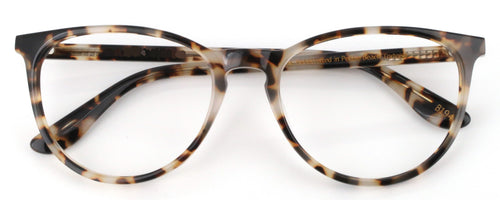
Maximo
MAS
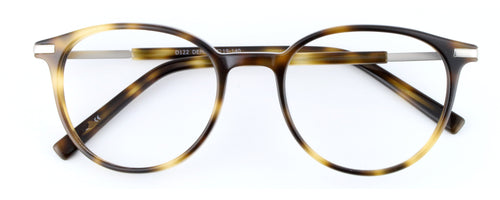
Taryn
MAS

Barnett-Plane
MAS
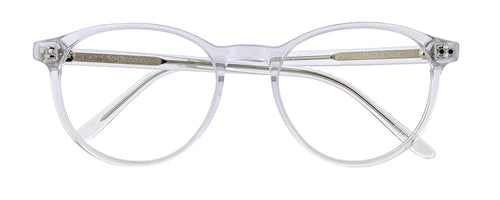
Summer
MAS
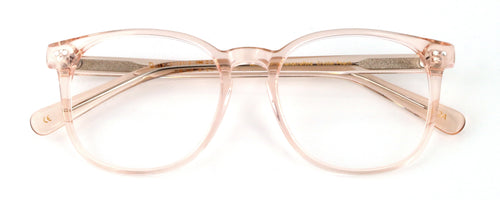
Sir-ORyan
MAS
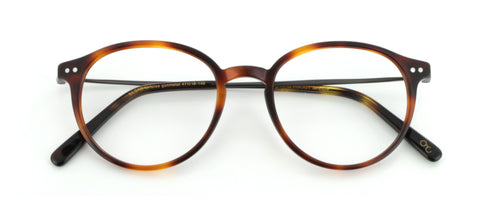
Bilbao
MAS
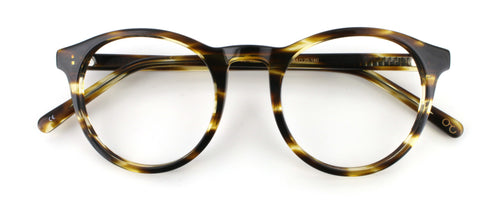
Salvatore
MAS
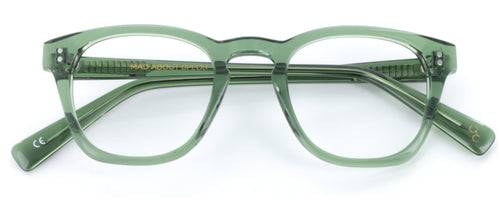
Fogarino
MAS
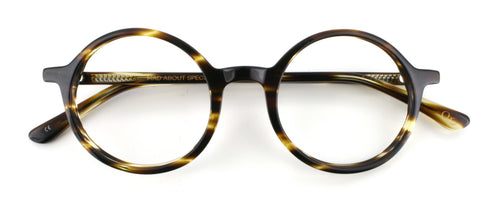
Capri
MAS
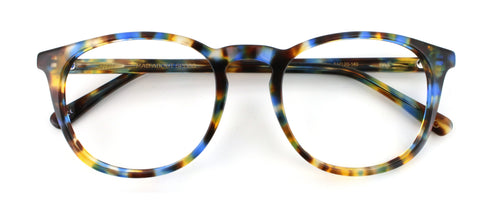
Fenton
MAS
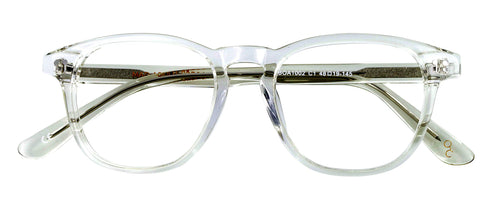
Olsen
MAS
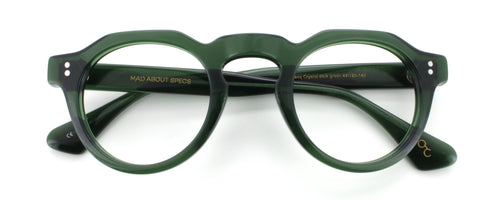
Lamacq
MAS
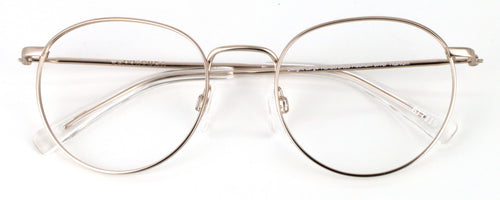
Dwight-Large
MAS
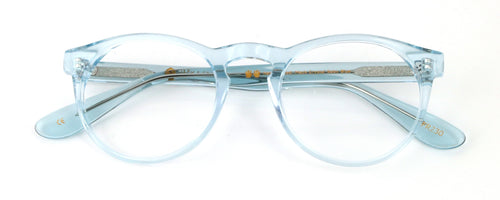
Mack-Crystal
MAS
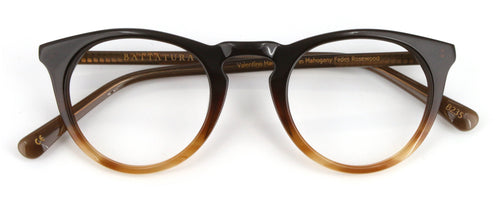
Valentino
MAS
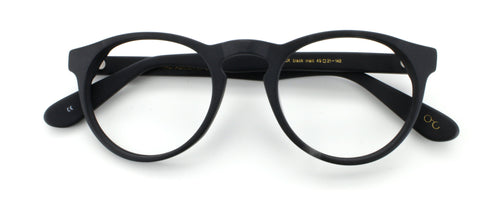
Mack
MAS
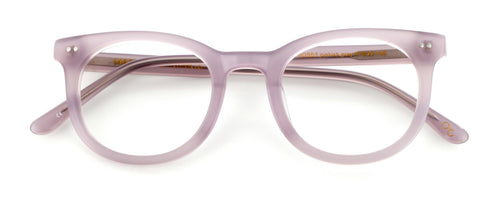
Hobbs
MAS
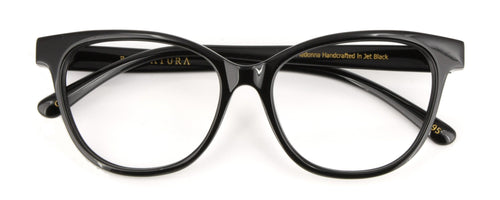
Madonna
MAS
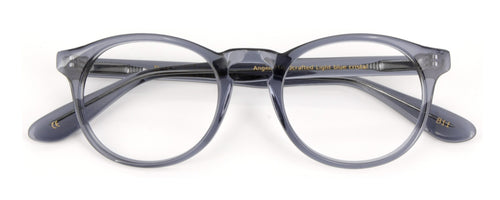
Angelo-is-Colin
MAS
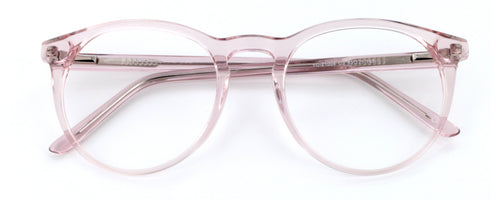
Cosmic Baby
MAS
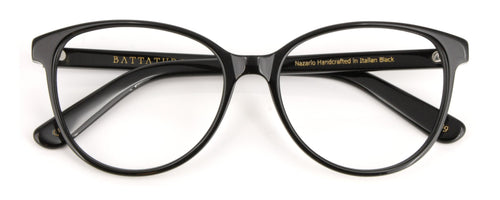
Nazario
MAS
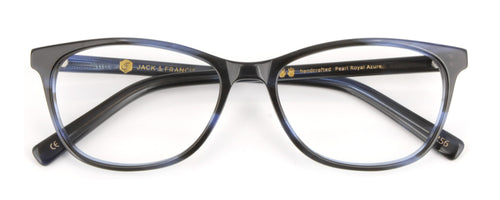
Pearl
MAS
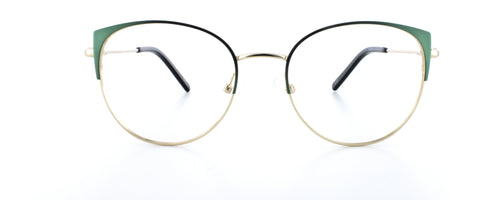
Serafina
MAS
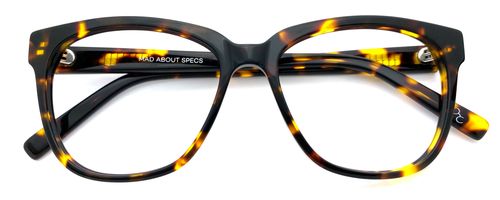
Supreme
MAS
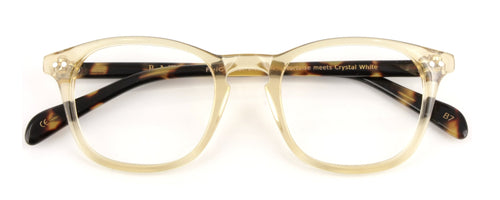
Struan Clear
MAS
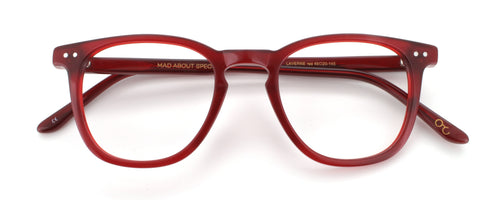
Laverne
MAS
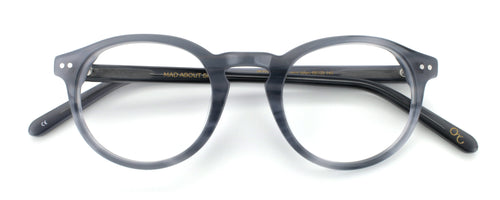
Peterson
MAS
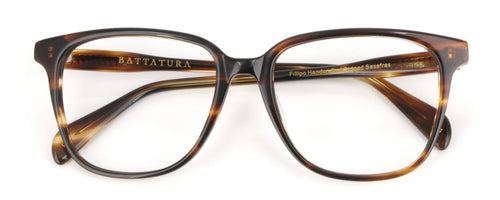
Filipo
MAS
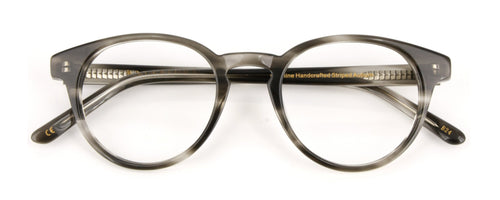
Carmine
MAS
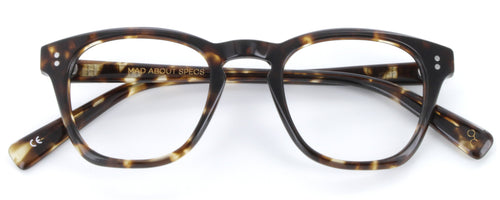
Coxon
MAS
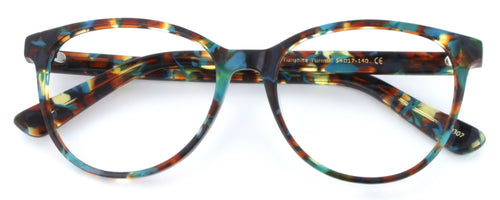
Nazario Bright
MAS
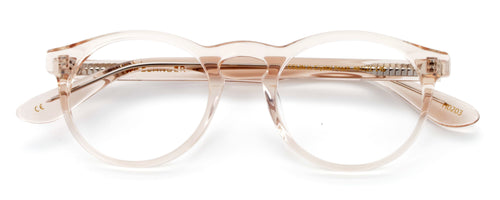
Colin
MAS
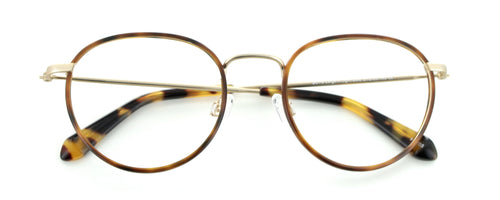
Boyd-Large
MAS
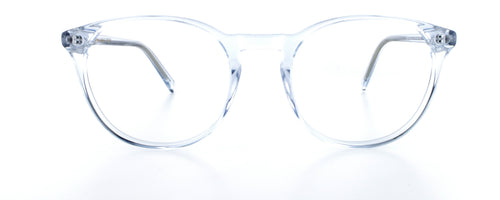
Chk Chk Chk
MAS
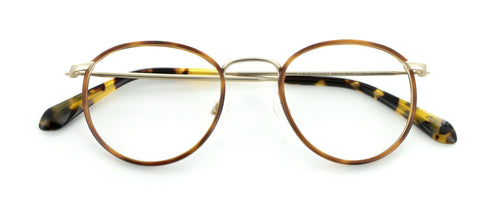
Boyd-Small
MAS
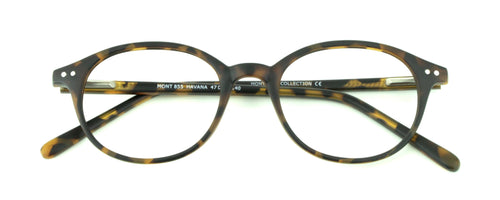
Raw Mont
MAS
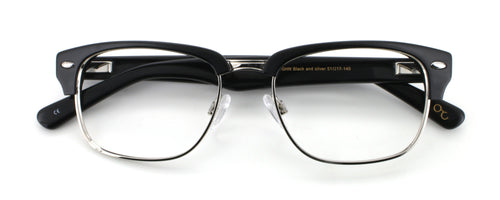
Vaughn
MAS
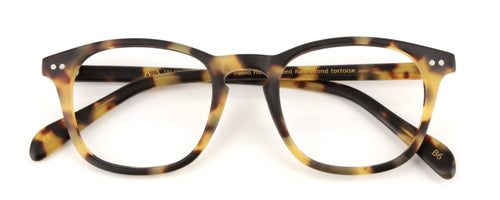
Fabio
MAS
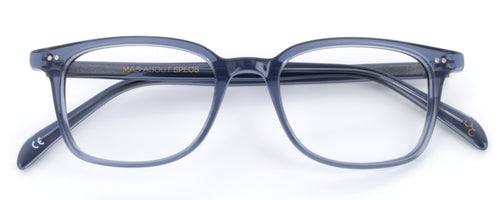
Harvey
MAS
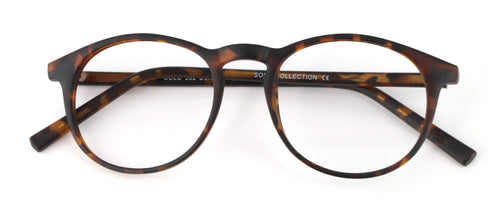
Darwin
MAS
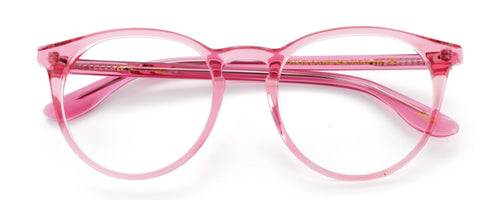
Maestro Grande Clear
MAS
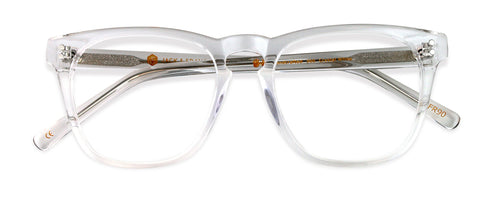
360 Clear
MAS
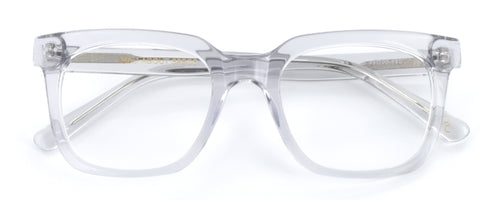
Surgeon
MAS
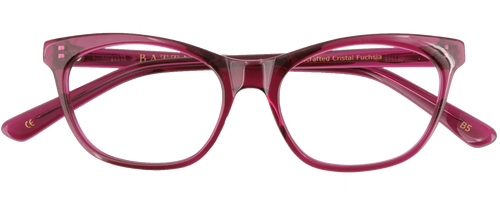
Amadeo
MAS
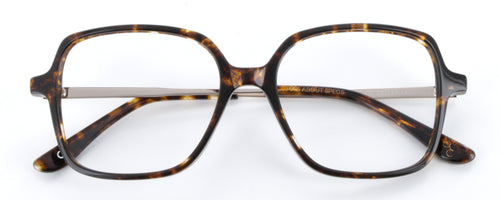
Django
MAS
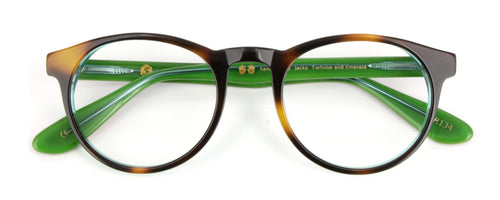
Jacky
MAS
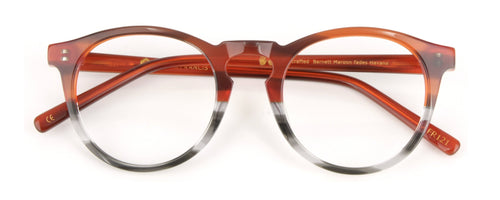
Barnett-Havana
MAS
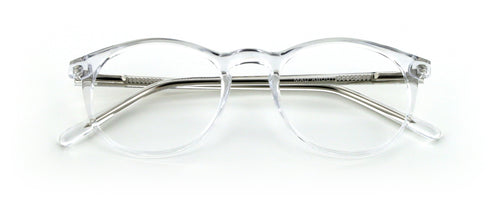
Kasper
MAS
